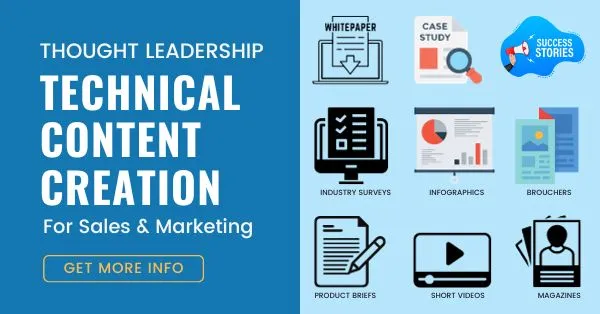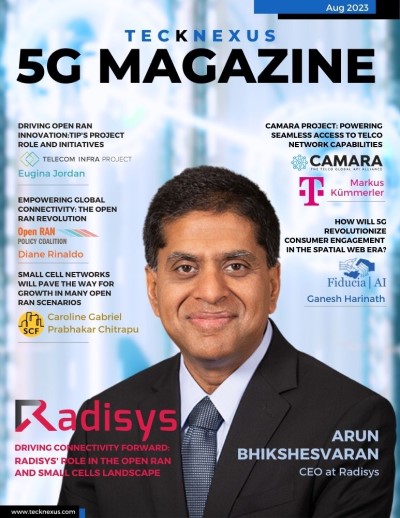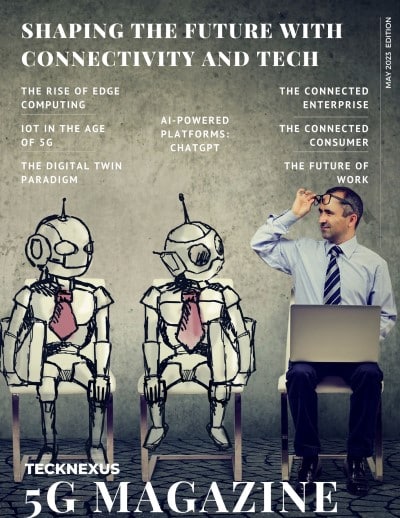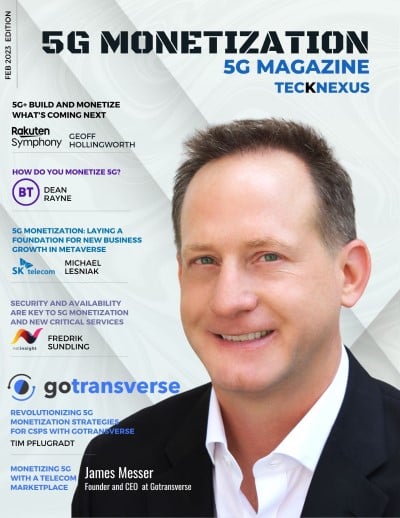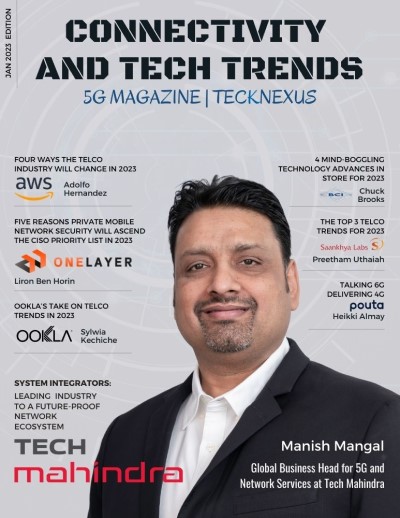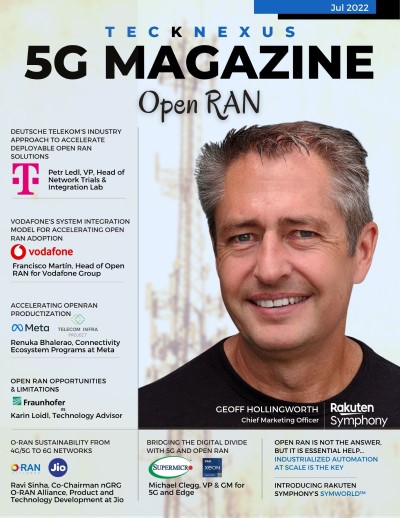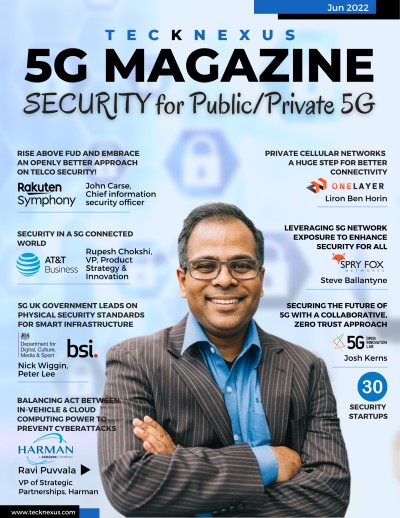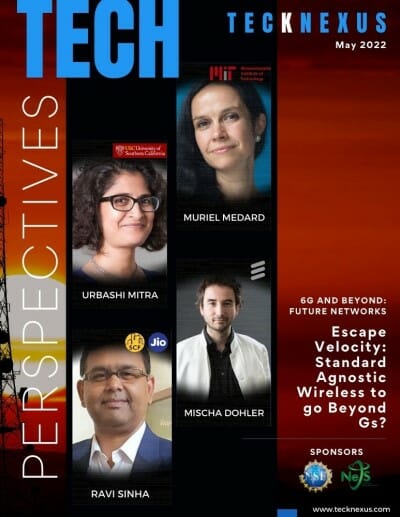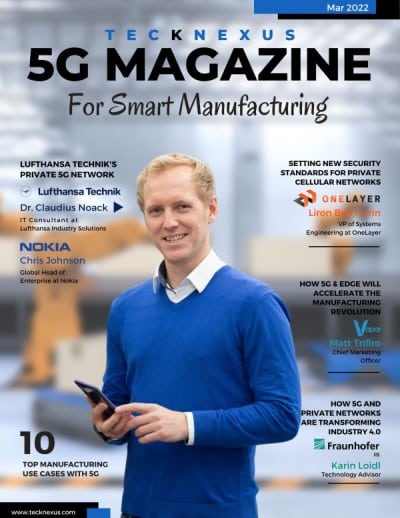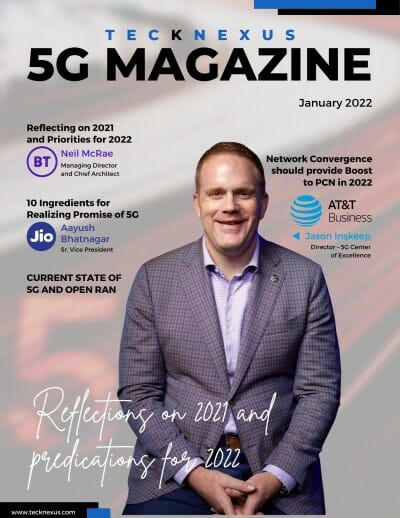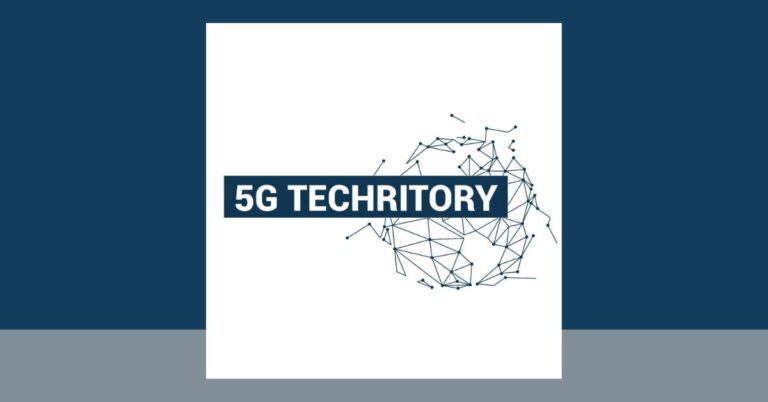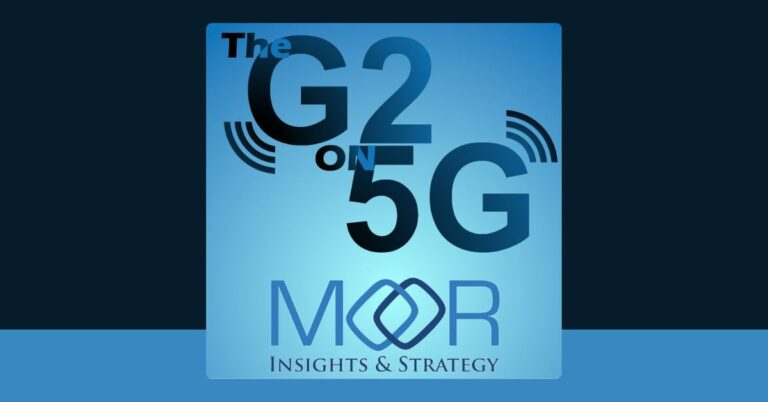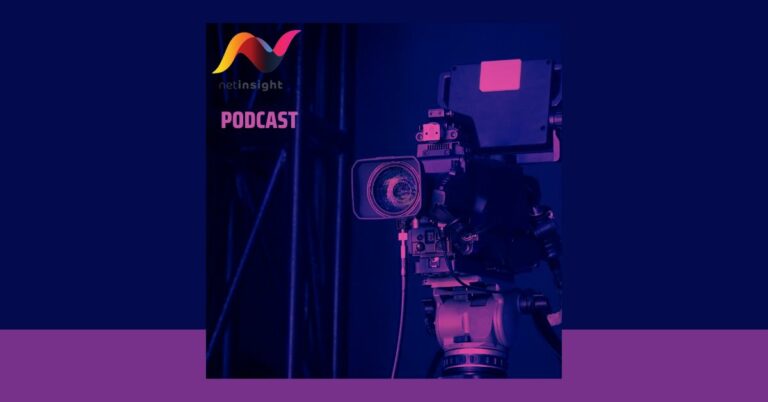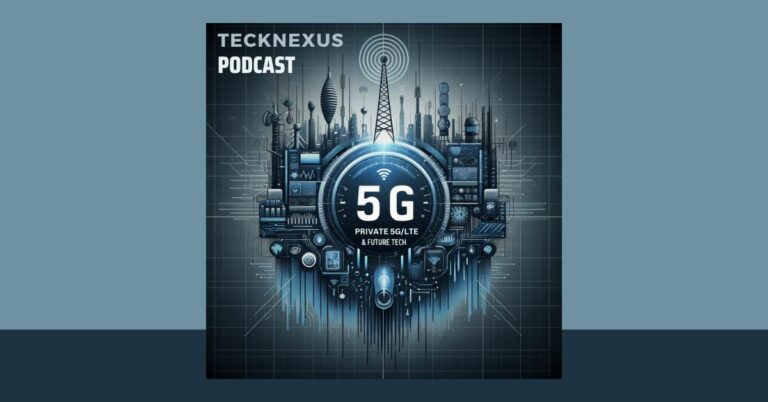London, UK, 24 May, 2023 – SCF (Small Cell Forum) announced the winners of the SCF Industry Awards 2023 at an awards ceremony last night during Small Cells World Summit in London. The SCF Industry Awards is the only entirely independent awards event supporting technical innovation in, and the deployment of agile, cost-effective, scalable, cellular infrastructure and solutions by established and emerging service providers.
Winners were recognized from across the eco-system, including mobile network operators, neutral hosts, private network operators, and vendors of hardware, software and chipsets.
A new award for Women in Wireless honored three women, recognizing their contribution to industry innovation and advancement.
The SCF Industry Awards 2023 winners
Excellence in commercial deployment by a service provider
WINNER – Jio Platforms | Jio 5G Small Cells – A complete plan to build an automated solution, integrated seamlessly for easy and swift large-scale commercial deployment
Finalists: Freshwave and Three UK, Shared Access
Excellence in commercial deployment by a private network operator
WINNER – Vilicom, a BAI Communications company | A private network for the Moray East wind farm
Finalists: Airspan, with Druid Software, Betacom and Teltech, Boingo Wireless
Outstanding small cell technology in commercial use
WINNER – Freshwave | Small Cells and the City: Freshwave deploys the UK’s first truly shareable 4G and 5G multi-operator network pilot in the City of London
Finalists: Jio Platforms, Qualcomm Technologies, Inc.
Outstanding software and services technology for small cells in commercial use
WINNER – ETRI and EUCAST | Flexible 5G Small Cell Software and 5G Small Cell Specific Services
Finalists: LITEON and the National Yang Ming Chiao Tung University, ITRI
Outstanding contribution to emerging technology, architecture, and open networks
WINNER – Airspan | Small Cells and the functional split puzzle: Insights from the front lines
Finalists: Microamp Solutions, Mavenir
Outstanding innovation in chips or components to enable small-cell networks
WINNER – Satelles | STL for 5G Small Cell Timing Synchronization
Finalists: AccelerComm, iCana
Commercial products or services to enable multi-operator and neutral host business models
WINNER – CommScope | CommScope ONECELL Direct
Finalists: Enersys, Solid
Social Impact – Promoting Small Cells for Social/Economic/Environmental Development
WINNER – ZenFi, a BAI Communications company | Link 5G project in New York
Finalists: Qualcomm Technologies, Inc.
Women in wireless award
- WINNER – Rebecca Gray, Boingo
- WINNER – Lianne East, CommScope
- WINNER – Vicky Messer, Picocom
Judges Choice
WINNER – LITEON and the National Yang Ming Chiao Tung University | Secure Communication Scheme
Finalists: ITRI, Freshwave and Three UK
Outstanding contribution to SCF activities
WINNER – Jussi Kahtava, Spectrum and Standards Engineer, Dense Air | For outstanding contribution to driving SCF’s regulatory agenda
The SCF Industry Awards, formerly the SCF Small Cell Awards, are open to the whole industry (you don’t need to be an SCF member) and they are judged independently by a panel of industry analysts and journalists. This year’s judging panel includes Keith Dyer, editor of The Mobile Network; Sue Rudd, Director of Networks and Service Platforms, Strategy Analytics, Dean Bubley, founder of Disruptive Analysis, Roberto Kompany, Principal Analyst, Service Provider Networks, at Omdia and Mark Keenan, CEO of Real Wireless.
Caroline Gabriel, Chair of the judging panel, commented: “It was fantastic to celebrate and recognize the innovation in our industry at the SCF Industry Awards. The winners reflect a diverse and changing eco-system and an evolving set of deployment models and use cases for small cells.
“The judges were exceptionally impressed with the standard of the entries this year and the entrants’ commitment to delivering outstanding small cell deployments that have real commercial value or social and economic benefits.”
To view the winners visit https://www.smallcellforum.org/awards-2023/
About SCF
SCF is a global organization whose mission is to enable and accelerate the sustainable digital transformation of industry, enterprises and communities. We do this by supporting a range of agile, cost-effective, scalable, cellular infrastructure and solutions for established and emerging service providers and deployers.
We gather requirements from service providers and businesses and these inputs shape our work program. Our specifications, technical papers and enterprise-focused outputs are made freely available to benefit the wider industry.
Today our members are working on projects spanning split architectures, private networks, neutral host requirements and business model evolution, 5G small cell products, and policy and regulation.
























